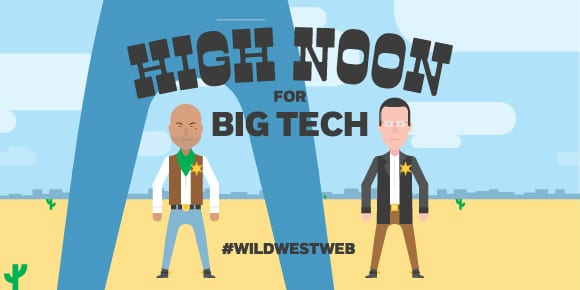- Crimes of sexual abuse and grooming by offenders exploiting web.
- NSPCC’s Wild West Web campaign urges Government to create a robust law to force tech companies to make social networks safer.
Thursday 24 January
CHILD sex offenders are increasingly exploiting the web with latest stats showing 9,543 crimes recorded in the last year.Rape, sexual assault and grooming are included in the crimes committed against children where the offender has contacted their victim on the internet.The NSPCC fears that this may not reveal the true extent of the problem due to wide variation and under-recording of the role of online in these crimes.Just this week, in a report about online abuse experienced by people with disabilities, MPs on the Petitions Committee said the UK Government must accept that self-regulation of social media had failed. Des Mannion, the head of NSPCC Cymru/Wales, said: “It is time social networks were made to take responsibility and stopped allowing their platforms to be used as gateways for these devastating crimes. “We urge the public to sign our petition calling on the UK Government to introduce an independent regulator which has the power to fine social networks that fail in their duty in protecting children and young people from abuse.”Friendly at first, the messages soon became sexual and the young men were insisting on Mared meeting them. She did not, but some of her friends did, believing those boys were their boyfriends. “We need to drill into their heads that not every predator is old, fat and above the age of 40,”she said.
Please support NSPCC’s Wild West Web campaign by signing the petition now:http://bit.ly/2BTX0Bm.
Now 21, Mared realised she was manipulated into sending sexual pictures of herself, and warns young girls about the dangers of not realising there are being groomed online by young men.
Mared Parry from North Wales started receiving messages from young men some 10 years older than her when she was just 14.
“Sites must be required to create safe accounts for children and take proactive steps to detect grooming so this behaviour can be disrupted before it escalates.
At the end of last year, in a report about the future of policing, the Home Affairs Select Committee recommended the regulation of internet companies.
The charity’s #WildWestWeb campaign is calling for an independent regulator with the power to investigate and fine social networks if they fall short in protecting children.
The cyber-related crimes made up 16 per cent of the total number of child sexual offences recorded by police in England and Wales in the year ending September 20181.
As the Office for National Statistics publishes this figure today, the NSPCC demands the UK Government introduces a robust new law for social networks without delay.

| [donate]
| Help keep news FREE for our readersSupporting your local community newspaper/online news outlet is crucial now more than ever. If you believe in independent journalism,then consider making a valuable contribution by making a one-time or monthly donation. We operate in rural areas where providing unbiased news can be challenging. |



















